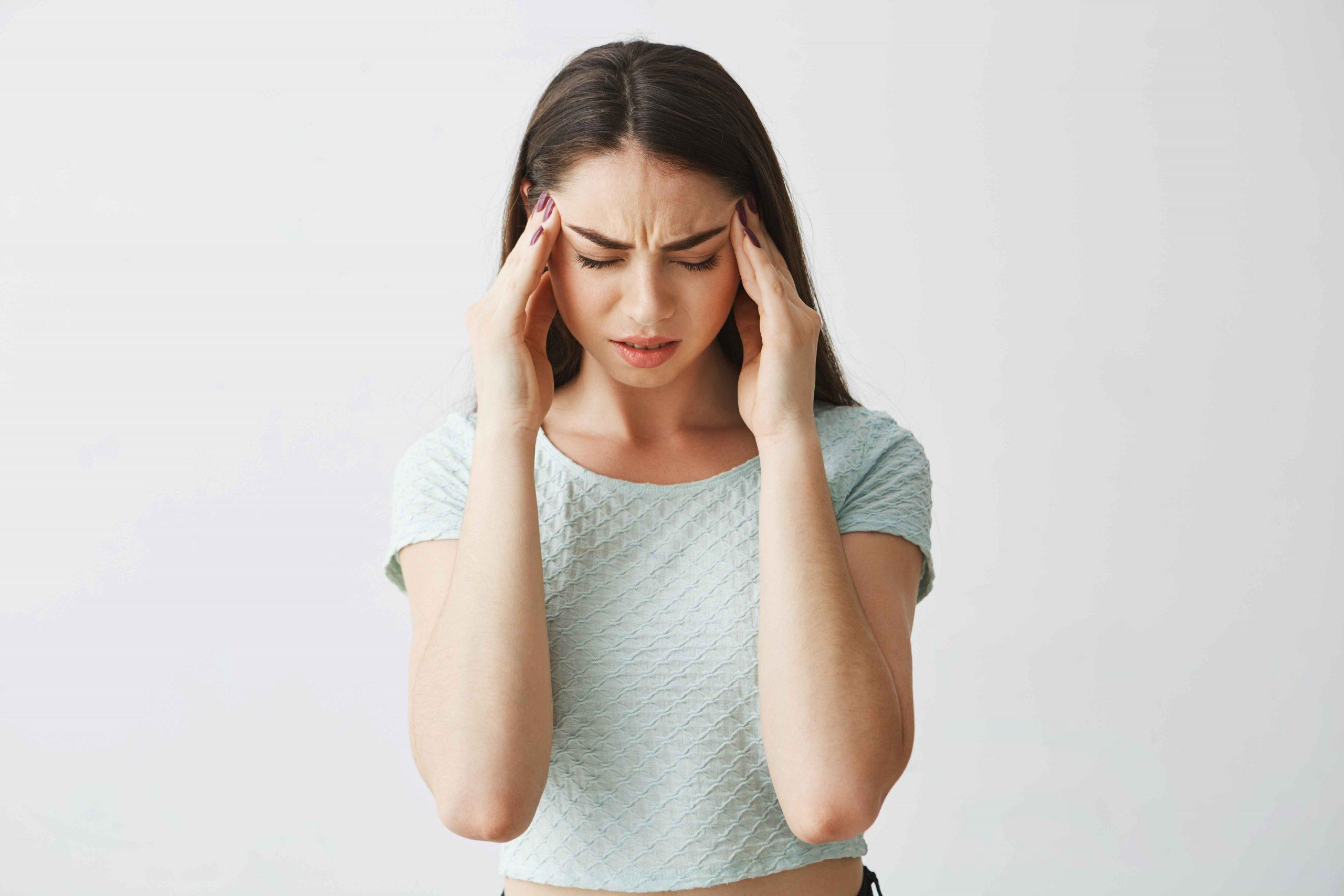Tirzepatide is a medication used to treat type 2 diabetes, and it gained attention when patients reported experiencing headaches as a side effect. While Tirzepatide is generally associated with mild side effects like nausea, diarrhea, and decreased appetite, these symptoms can sometimes contribute to headaches. To review the evidence behind Tirzepatide and headaches, we must first understand how Tirzepatide works.
How Does Tirzepatide Work?
Tirzepatide is unique in its way of working on the body. It increases the production of insulin in the body and helps to manage the balance of blood sugar levels. It also reduces the feeling of hunger and controls the unwanted craving for food and snacks.
Is Tirzepatide The Cause Of Headaches?
The good news is that there’s no evidence that Tirzepatide directly causes headaches. However, some common side effects of Tirzepatide can lead to headaches. Let’s delve into some common reasons why you must be experiencing headaches while taking Tirzepatide.
- Blood Sugar Level: Tirzepatide lowers blood sugar levels, but not in an alarmingly lower state. However, the risk of extremely low blood sugar (hypoglycemia) increases if you mix it with other medications that also lower blood sugar. Hypoglycemia can lead to unpleasant symptoms like headaches.
- Loss of Appetite and Dehydration: The process of slowing down digestion can lead to a decrease in food cravings and drinking water. An empty stomach and dehydration for a longer time may lead to a headache. Dehydration can also trigger other types of headaches, like migraines or tension headaches.
- Drinking Alcohol While on Medication: While there isn’t a direct negative interaction between Tirzepatide and alcohol, consuming alcohol can worsen some of Tirzepatide’s side effects. It’s generally recommended to limit alcohol intake while on any medication, but with Tirzepatide, it’s particularly important. This is because alcohol can further lower blood sugar levels, potentially leading to hypoglycemia (extremely low blood sugar). Hypoglycemia is a known cause of headaches, along with other unpleasant symptoms like nausea and fatigue.
What to Do When Tirzepatide Causes Headaches?
If you experience headaches after starting Tirzepatide, here’s what to do:
- Keep track: Keep a record of your headaches, noting frequency, severity, and any potential triggers like missed meals or strenuous exercise.
- Stay Hydrated: Drinking plenty of water decreases the risk of dehydration and protects you from getting headaches.
- Dietary Adjustments: Make some dietary adjustments so that you do not stay on an empty stomach for long. Consult a healthcare professional or registered dietitian about maintaining a balanced diet despite a reduced appetite.
The Bottom Line
Tirzepatide is an FDA-approved treatment for type 2 diabetes. While Tirzepatide is not directly involved in causing headaches, the medication lowers your blood sugar or leads to dehydration — both of which can trigger headaches. You can reduce your risk of getting a headache while taking Tirzepatide by monitoring your blood sugar, drinking plenty of fluids, and avoiding alcohol. Making some lifestyle changes and adding a balanced diet to your meals will compensate for the loss of nutrients due to a lack of appetite. Despite all efforts, if the headache continues, talk to your healthcare professional.


